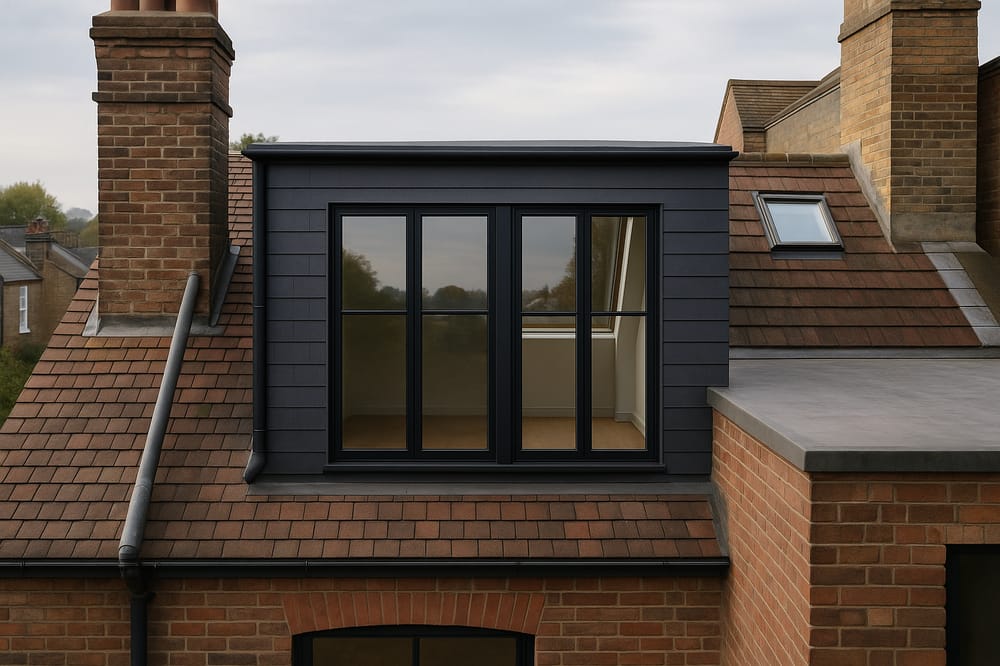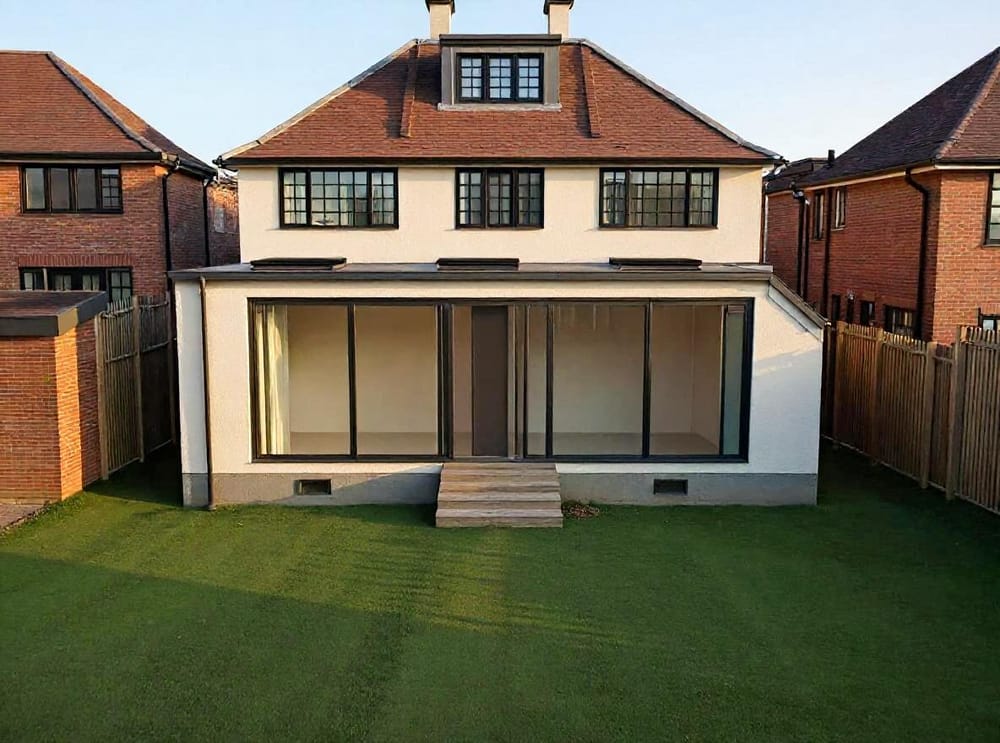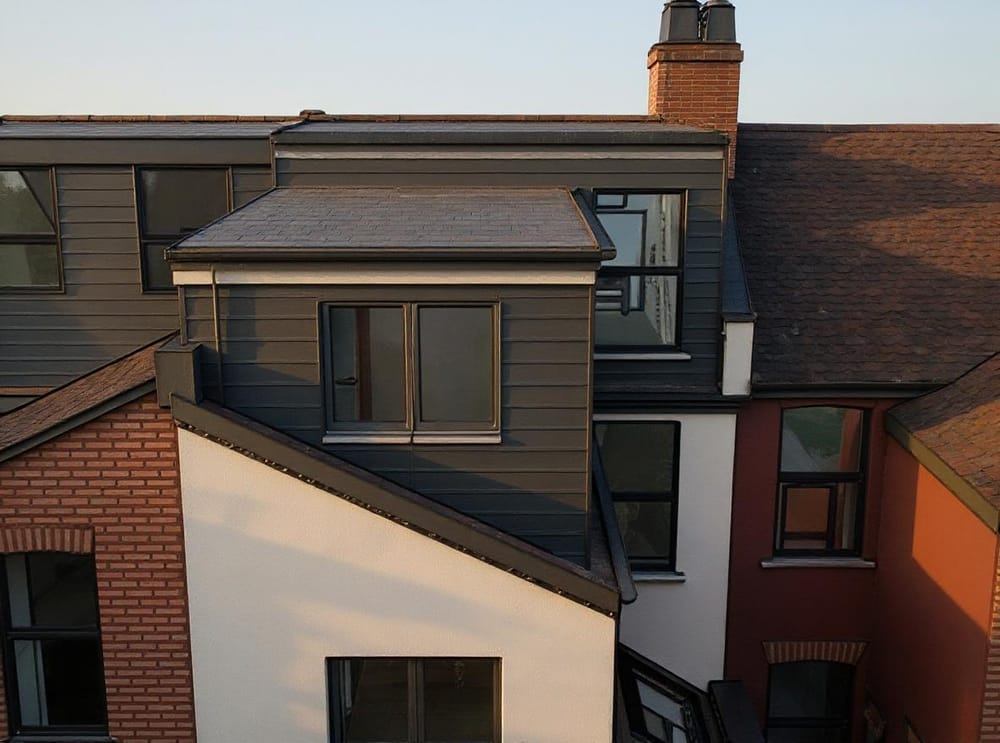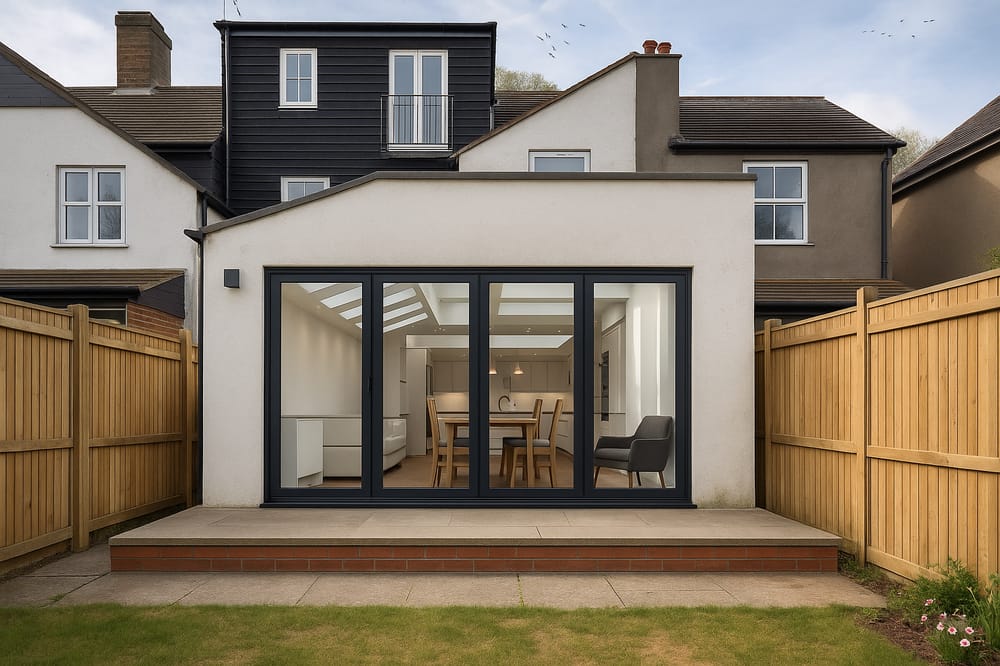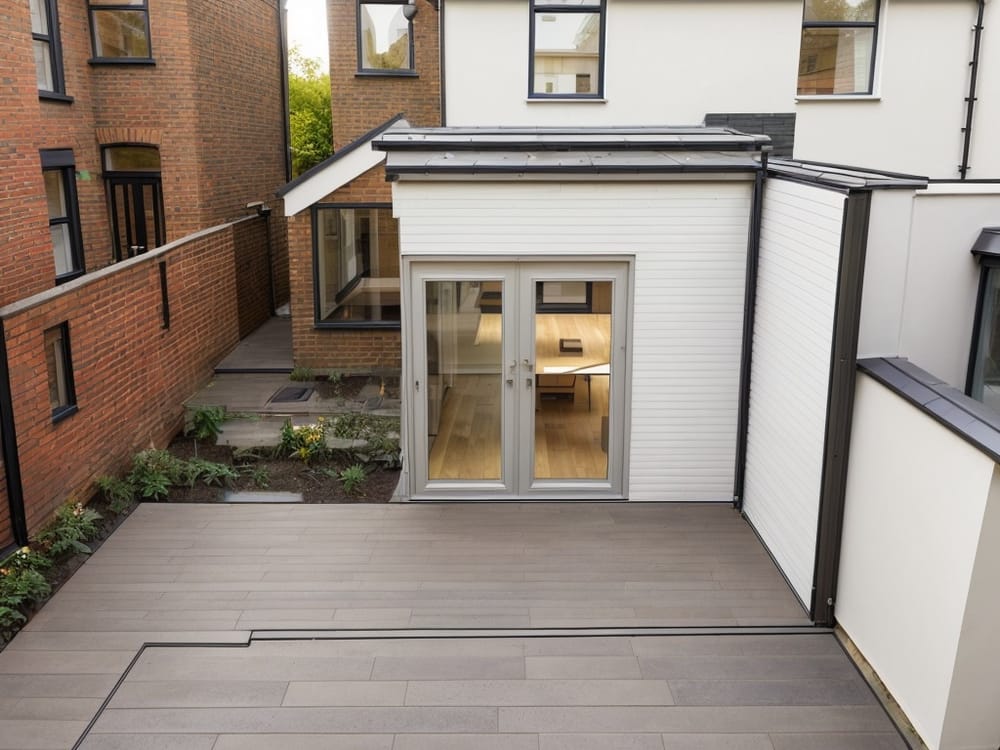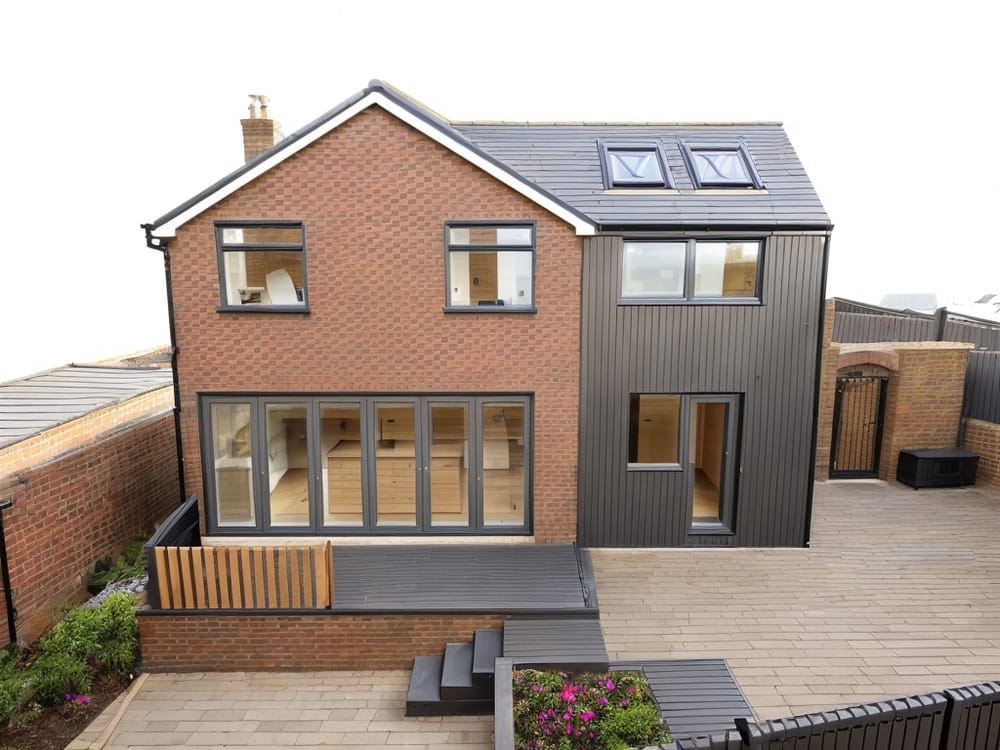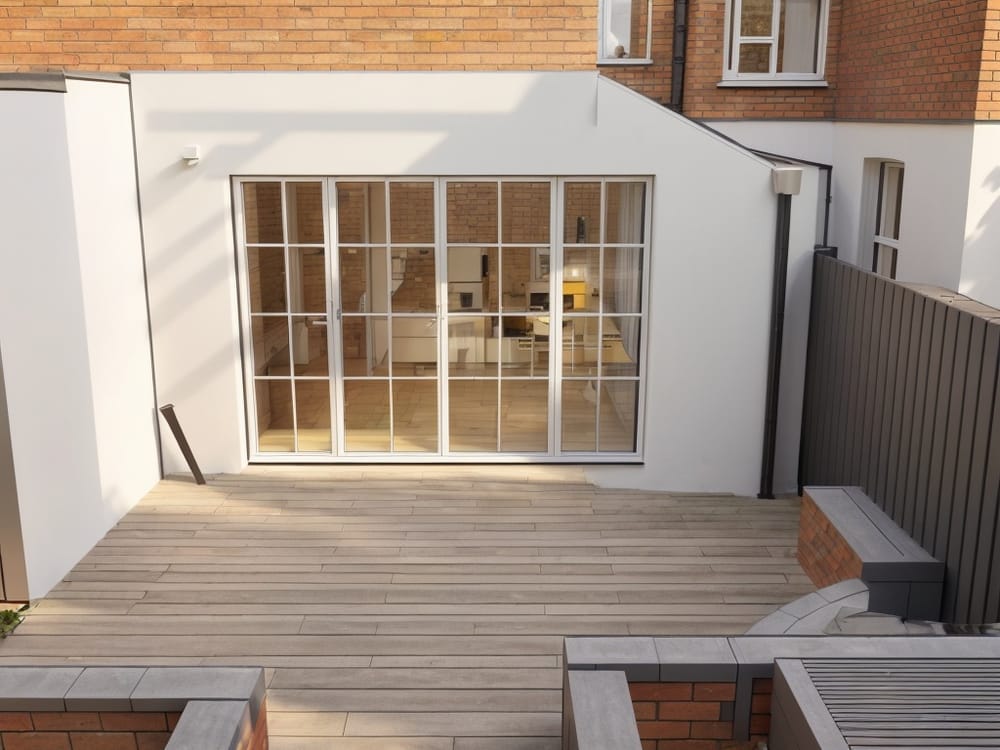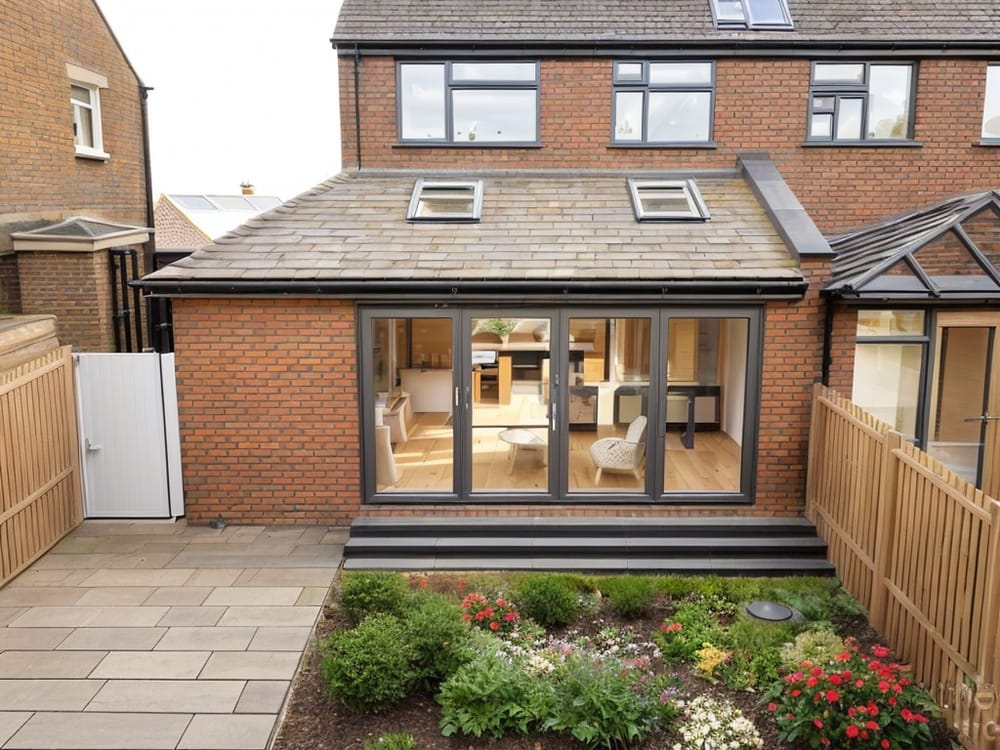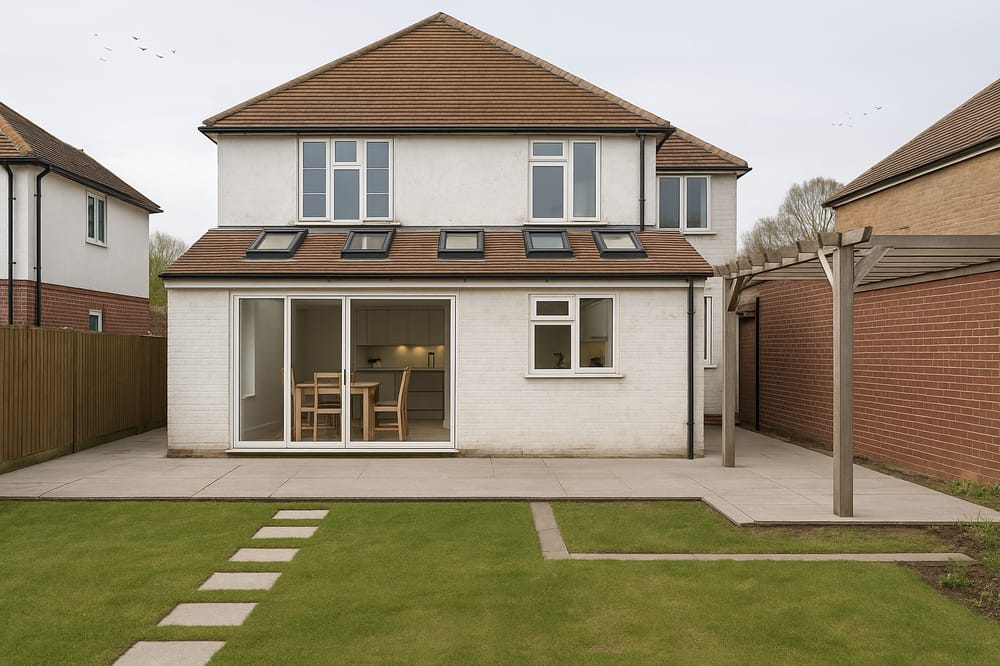Whether you and your kids love homework or loathe it, having a dedicated study hub can make all the difference when it comes to home education (something a lot of parents learned during the 2020 lockdown).
If you’re looking to create a hub of your own, here are some top tips from our design experts…
Finding space
If your child’s bedroom lacks the space needed for a study hub, get creative! Rather than use up space they need for playtime, look to other areas of the home for desk space.
Try to reassess the dead spaces in your home. This could be the spot under your stairs or even a storage cupboard that could be put to better use. You may have even created a study hub without realising it.
With many people working from home, it’s likely you’ve already carved out some desk space - why not share? Not only will this solve the issue of space by working together, but it will also help encourage your little one to do as you do and focus. Maybe even vice versa!
Get comfy
Comfort is a delicate balancing act when it comes to studying. On the one hand, you want your child to enjoy sitting here and not feel like they’re in a Victorian classroom. However, if things get too comfy, then homework might turn into nap time.
Luckily, many of us have experienced working in an office, and all those health and safety lessons on ergonomics might actually come in handy here. For a set-up that cares for your child, consider these office rules…
- Check your child can rest their elbows on the table without hunching up their shoulders.
- Make sure they can put their feet flat on the floor. If their legs are too short, you can always use a box or pillow to boost them.
- Try a rolled-up blanket, tucked behind their back, for support.
- You can also consider anti-glare screen or blue-light glasses, if you’re worried about screen time.
Storage is key
Homework isn’t always maths problems and spelling tests. One day your child might be tackling an art project or building their own paper-mache volcano. No matter what project they’re undertaking, make sure they have everything they need to hand.
If you’re struggling to fit enough storage within the desk, look up! Walls can offer up plenty of storage options, from shelving to hanging baskets of key supplies. And, if your study hub is part of a bigger renovation project, you can always ask your architect to consider built-in storage within this area.
Put wellbeing first
At Resi, we believe every part of our home should be designed with your wellbeing in mind. Happiness, after all, should always come first.
To help make your study hub a space that makes your child feel good, considering these Happy Home qualities our research has uncovered…
Security: is your study hub a place your child feels safe? Will it get too dark in the winter? Would they feel safer with you nearby?
Adaptable: can the study hub adapt to your child’s needs? Can they write and draw there? Could the desk be easily tucked away to offer more space for play? You might even have the furniture grow with them as they get older.
Mirror: does the space reflect your child’s personality? An easy way to ensure this is to have them be part of the decoration process and allow them to put their own stamp on the area.
Relaxing: does this hub let your child relax? Think about nearby noise levels, the comfort of the chair, even what smells they’ll be able to pick up.
Nourishing: you want to make sure this space cares for your child’s needs. This means having a good amount of natural light, the temperature being right, and making sure there’s a good amount of ventilation in the space. After all, no one does their best thinking when they’re uncomfortable.
Connect: how does the space relate to the surroundings? Don’t just think about the rest of the house but consider the garden too. A view of the outdoors or even a few houseplants can boost happiness at home! What’s more, the surrounding plant life can even be used as an educational tool - try challenging your kids to keep some plant life growing.
Want to know more about happiness at home? Check out our Happy Homes report and use our index to discover your own quality score!


